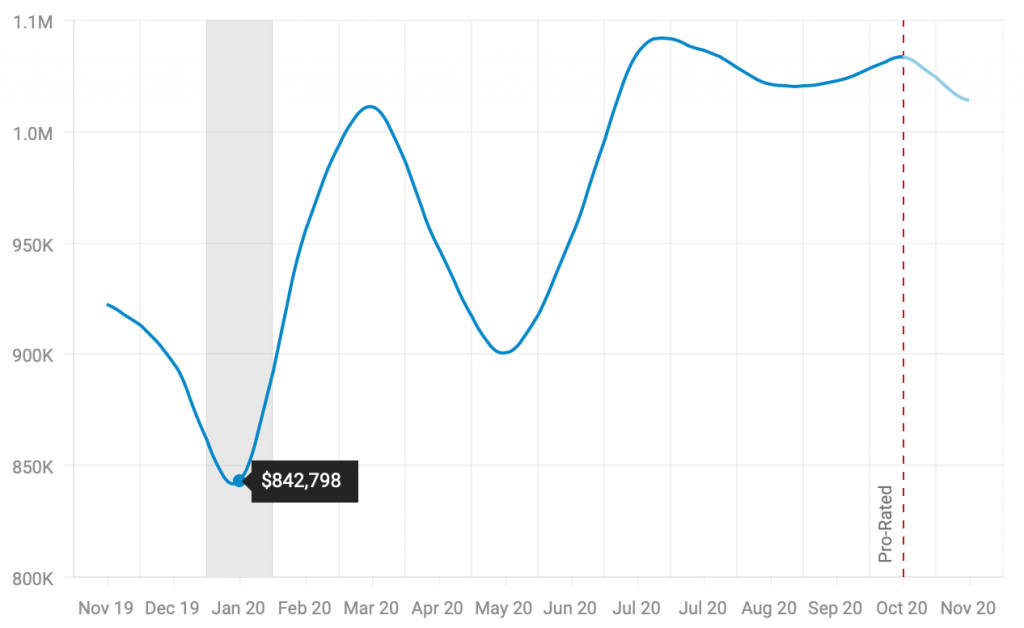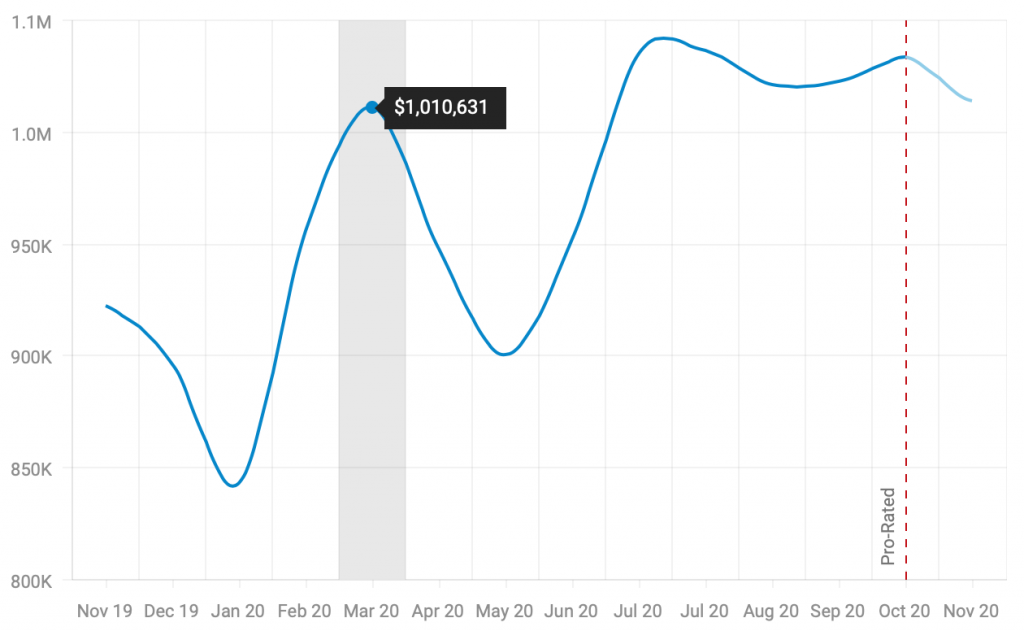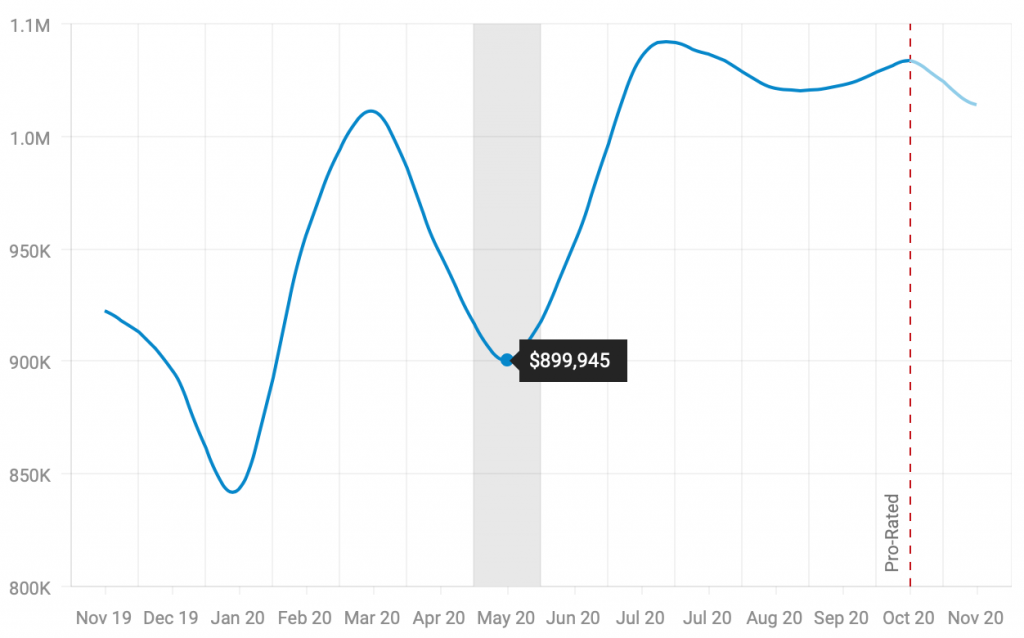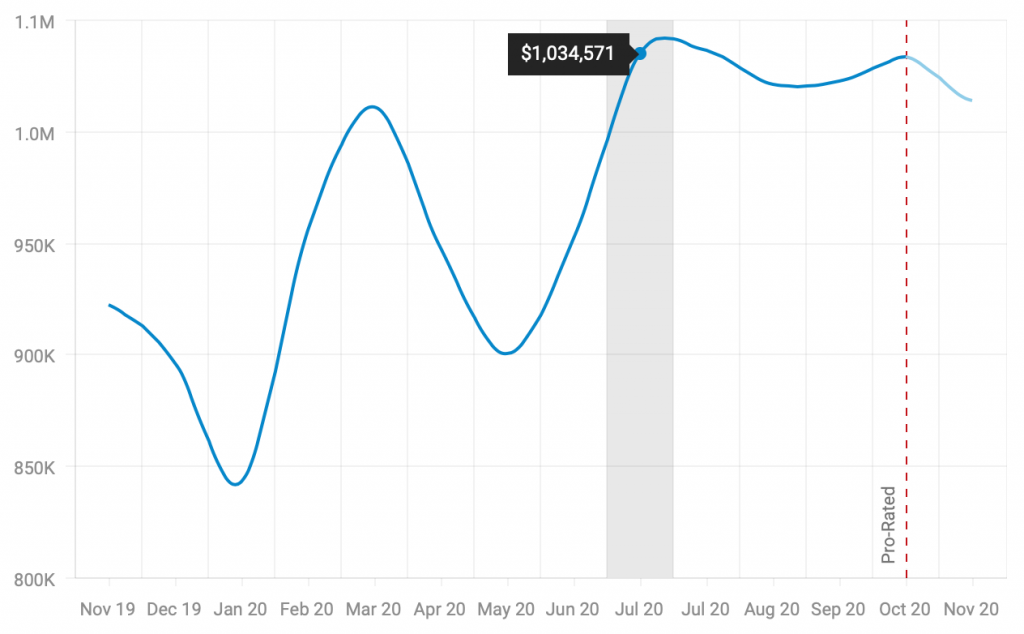As explained in ALLOCATE 100% TO STOCKS, I believe that investors should allocate 100% of their portfolios to equities. The main reason I gave is that equities outperform fixed income.
This is a very rare portfolio allocation. Most people in the world think this is too risky and will not do this. They allocate a percentage of their portfolios to fixed income to reduce risk, or what they think is risk. This is because they are looking at stock prices and not the business metrics. Most investors can tell you Apple’s stock price. They simply type in AAPL into their device or computer to get it. But they cannot tell you Apple’s revenue and never look it up.
Let’s say that you bought a lemonade company for $10,000. It has one lemonade-stand that makes $2,000 per year in sales. Every year, you make $2,000 in sales. This goes on unchanged for several years. During one of these years, somebody offers to buy the company for $15,000. Later, somebody offers to buy it for $3,000. Later, somebody offers to buy it for $10,000. Was it risky for you to invest in this company? Yes, if you look at only the offers from acquirers. It would be very volatile. When somebody offers $3,000, you might think that the company is worth only $3,000 and you might think that you lost $7,000.
But during this entire time, your lemonade company continues making $2,000 per year in sales. If you focused on this, would you think it was a risky investment? No.
Risk depends on what you’re looking at.
This is why Warren Buffett said he wouldn’t care if the stock market was closed for 10 years.
When people see their stock price go down to $3,000, they think they lost money. Hence, they think stocks are risky. But they haven’t lost $7,000. They’ve only lost it if they sell their stock. The drop in price might be warranted if the sales dropped sufficiently to justify a 70% drop. But if the sales hasn’t dropped, you simply ignore the $3,000 offer and go back to selling more lemonade.
Apple had a similar experience to the lemonade example. The stock dropped over 40% from 2008 to 2009, but the revenue and profit lines barely budged from its linear, upward trajectory. A good example, with charts, is given for Roku in FOLLOW BUSINESS METRICS, NOT STOCK PRICES.
People who focus on stock prices and people who focus on business metrics (Warren Buffett) have very different assessments of risk. People who focus on stock prices are looking at an illusion of risk. Stock prices alone do not represent the true risk of the investment.
Stock price volatility makes shareholders do things that owners of small businesses would never do, because owners of small businesses do not see offers to buy the company every day. Business owners are focused on running and growing their businesses, not on offers.
The stock market makes people think stocks are more volatile, and therefore more risky than other investments, such as real estate. This is also an illusion. Look at the price chart for Toronto houses.




Price changes from above chart:
Jan to March: +20% ($842,798 to $1,010,631)
Mar to May: -10% ($1,010,631 to $899,945)
May to July: +15% ($899,945 to $1,034,571)
That is just as, or more volatile than stocks. Why don’t people think real estate is as risky as stocks? Because people don’t check or get selling prices (offers on their houses) every day and these prices are not blasted to people every day.
Many say that your age should represent the percentage allocation to fixed income. Warren Buffett is 89 years old. Therefore, 89% of his portfolio should be allocated to fixed income. However, nearly 100% of his portfolio is in equities. His portfolio is essentially his ownership in Berkshire Hathaway, which in turn owns mainly equities in the form of complete ownership of businesses. The main reason Berkshire Hathaway might have cash or fixed income is because its business holdings generate so much cash that he cannot find enough businesses to buy and fast enough.
Ideally, you should do what Warren Buffet does, which is to buy out complete businesses, such as See’s Candy, Nebraska Furniture Mart or Clayton Homes. But most of us cannot afford to buy 100% ownership of a business. Stocks enable us to buy a portion (share) of a business, which is second best. Stocks enable anyone to be a business owner.
You should not think of yourself as an investor in stocks. You should not be a stock trader. You should be an investor in businesses. You need to put on your “business owner” cap and think like a business owner. Business owners make the most money because they have the best assessment of risk. Stock owners, who have an incomplete picture of risk, inevitably become stock traders and will usually underperform.

